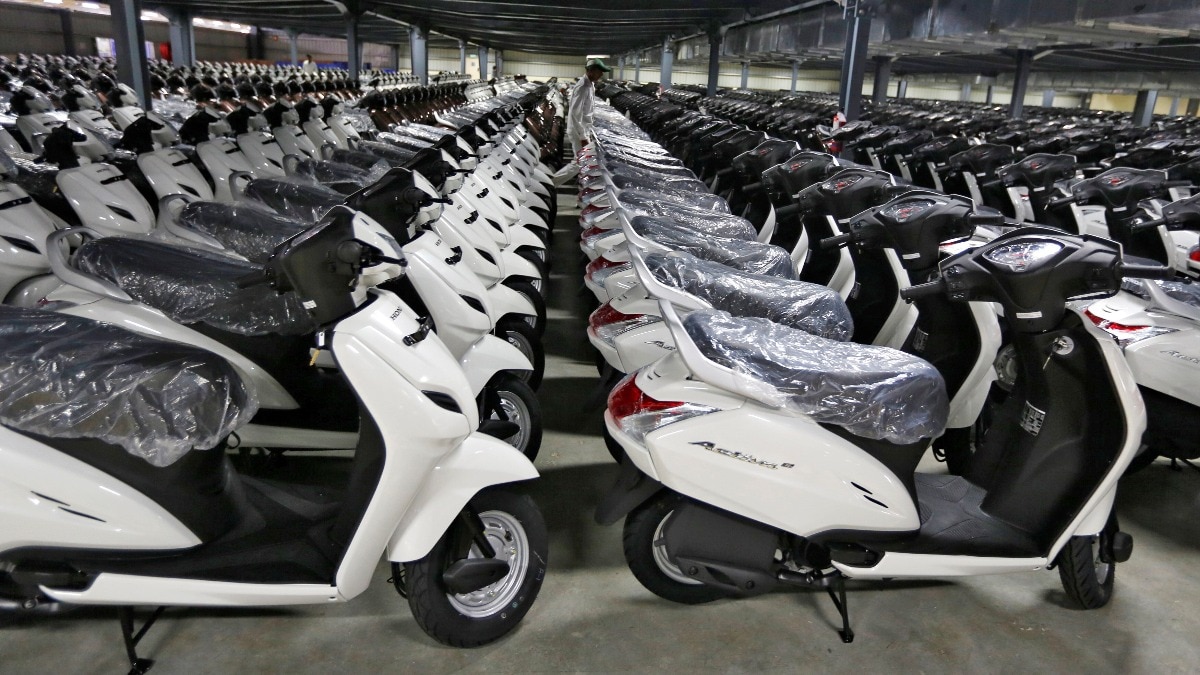In a significant step toward improving road safety, the Ministry of Road Transport and Highways is gearing up to make anti-lock braking systems (ABS) compulsory for all newly manufactured two-wheelers — including scooters, motorcycles, and bikes — starting January next year, regardless of engine size.
Additionally, the ministry is preparing to enforce a rule requiring all two-wheeler manufacturers and dealerships to provide two Bureau of Indian Standards (BIS)-certified helmets with every new vehicle sold. Currently, only one helmet is mandated.
Government officials say these initiatives are crucial in addressing India’s alarming road fatality numbers, especially among two-wheeler riders, who account for nearly 44 per cent of all road deaths. A large portion of these fatalities are linked to severe head injuries due to lack of proper head protection.
“Right now, ABS is only obligatory on bikes above 125cc, which means nearly 40 per cent of two-wheelers on the road lack this life-saving feature,” said a senior transport ministry official. “Considering most of these vehicles can travel at speeds above 70 km/h, it’s vital to ensure better braking systems are in place to prevent skidding and crashes.”
ABS is designed to prevent wheel lock-ups during emergency braking situations, offering better vehicle stability and shorter stopping distances — especially critical on wet or uneven roads. Studies indicate that ABS can cut down accident risks by 35-45 per cent.
The new rules are expected to be notified in the coming days and will apply only to new two-wheelers produced from January 2026 onwards.
On the twin-helmet mandate, the official added that the move is meant to promote safer riding habits and ensure both rider and pillion passengers are protected. “Providing two certified helmets will reinforce the culture of using standard safety gear, not just for the driver but also for co-riders,” the official said.






